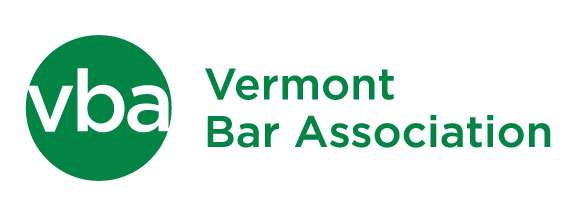Guidelines of Professional Courtesy
In fulfilling his or her primary duty to the client, a lawyer must be ever conscious of the broader duty to the legal system.
A lawyer should act with candor, diligence and utmost respect.
A lawyer should act with courtesy and cooperation, which are necessary for the efficient administration of our system of laws.
A lawyer should act with personal dignity and professional integrity.
Lawyers should treat each other, their clients, the opposing parties, the courts, and members of the public with courtesy and civility and conduct themselves in a professional manner at all times.
A client has no right to demand that counsel abuse the opposite party or indulge in offensive conduct. A lawyer shall always treat adverse witnesses and parties with fairness and due consideration.
In adversary proceedings, clients are litigants and though ill feelings may exist between clients, such ill feelings should not influence a lawyer’s conduct, attitude, or demeanor towards opposing lawyers.
A lawyer should not harass opposing counsel or counsel’s clients.
Lawyers should be punctual in communications with others and in honoring scheduled appearances. Neglect and tardiness are demeaning to fellow lawyers and to the legal system.
If a fellow attorney makes a just request for cooperation, or seeks scheduling accommodation, a lawyer shall not arbitrarily or unreasonably withhold consent.
Effective advocacy does not require antagonistic or obnoxious behavior. Lawyers should adhere to the higher standard of conduct which judges, fellow attorneys, clients, and the public may rightfully expect.
Adopted by the Vermont Bar Association Membership, March 11, 1989

